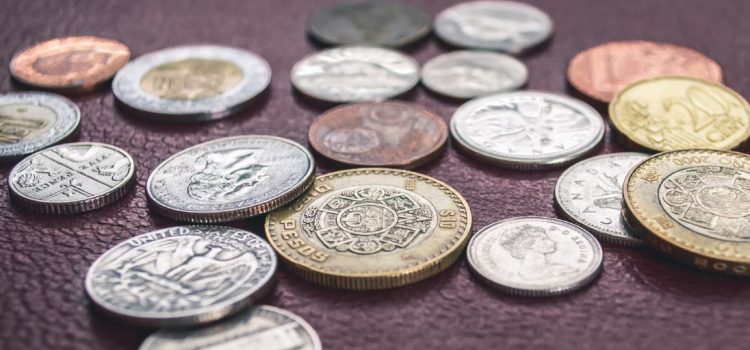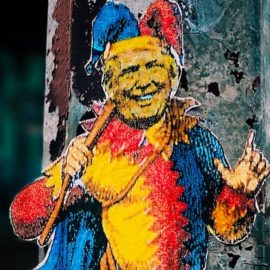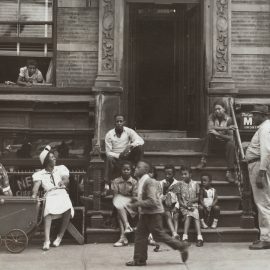
How does a family rise to criminal power? What drives individuals to risk everything for wealth and influence?
In his book Pesos, Pietro “Picho” La Greca Jr. unveils the captivating story of his family’s ascent into a criminal powerhouse. This tale offers a fascinating look into their illicit enterprises.
Read below for a Pesos book overview.
The La Greca Family’s Rise to Criminal Power
Discover the captivating story of the La Greca family’s ascent into a criminal powerhouse. This tale of cunning strategy, familial ties, and high-stakes financial maneuvers across borders is detailed in the Pesos book, which offers a fascinating look into their illicit enterprises.
Pietro Sr.’s Early Life and Unlawful Activities
Pietro Sr., the family’s elder, embarked on an extraordinary voyage in his early years, traveling from Naples to San Diego. He transitioned from the traditional family pasta enterprise to chase grander aspirations after charming an affluent partner from the United States aboard their opulent yacht. After marrying into a distinguished family in Tijuana, he launched a business specializing in currency exchange.
Pietro Sr. established his Portofino clothing store, using it as a facade for his burgeoning illicit operations. His previous life of luxury on a sumptuous vessel had laid the groundwork for his unlawful endeavors.
The Family’s Intricate Financial Operations
Pietro Sr. expanded his entrepreneurial activities by setting up a foreign exchange operation called PL Money Exchange, showcasing his innovative and daring financial strategies. A bank loan facilitated swift expansion, thrusting PL Exchange to the leading position among unlicensed currency exchange businesses.
With support from two eminent Mexican leaders, Pietro Sr. ascended to a prominent role. His business endeavors daringly crossed into illegal territory, deftly treading the fine line between legitimate and illicit activities with fearless confidence.
The operation’s success hinged on a shrewd strategy that leveraged the family patriarch’s authentic cultural emblem to enable illegal trade and significant financial dealings across the US-Mexico border. This perilous misstep multiplied their wealth but also attracted unwanted scrutiny.
Family Dynamics and Power Struggles
Navigating familial relationships came with complicated dynamics and power struggles for the La Grecas. The complex interplay among family members is illustrated by examining the connections Pietro Sr. shared with his offspring and his father-in-law, Don Fernando.
Pietro Sr.’s Strained Relationship With Don Fernando
The storyteller perceived a deep division in the family, originating from their early days. Fernando, known for his honorable business dealings and ethical standing, did not approve of his son-in-law. Pietro Sr. saw his marriage to Fernando’s daughter as a chance to climb the social and economic ladder.
Their competition frequently surfaced in the form of extravagant demonstrations of affluence, with each one attempting to surpass the other in influence and control. The lifestyle disparities deepened the already present split within the household.
Conflicts Between Pietro Sr. and Picho
Picho experienced a complicated dynamic with his father. The narrator’s rare appearances at home, coupled with his disagreeable attitude when present, strained their relationship, leading Picho to often look to his grandfather as a father figure.
Picho’s growing disenchantment intensified as he witnessed the involvement of his father and relatives in dubious monetary schemes. He stood up to Pietro Sr. upon realizing there could be unauthorized intentions to give up the estate inherited from his forefather.
The Family’s Downfall
The remarkable downfall of the once-thriving La Greca empire is brought to life through vivid recounting of legal battles, mismanagement, and dangerous liaisons with cartels.
Conflicts With the Tijuana Cartel and Mexican Authorities
The family members found themselves increasingly entangled in legal chaos, facing allegations of widespread money laundering, unauthorized use of official customs clearances, and illicitly channeling money from state-awarded agreements. The covert investigation led by Mexico’s head of state suggested that impending judicial measures, fueled by escalating personal animosities, led to the arrest of important family members.
The Failed Plaza San Fernando Project
The project undertaken at Plaza San Fernando became a symbol of the catastrophic administrative failures that accelerated the family’s downfall. Ambitious yet poorly executed financial strategies, opulent yet impractical architectural designs, and reckless disregard for sound business practices were the hallmarks of this doomed enterprise.
Picho’s Quest for Independence
At the end of this sweeping tale, we track Picho’s journey as he undertakes a dangerous mission to step out of his father’s shadow and take control of his future.
Picho leaves the family business behind, embarking on a quest to forge his own path within the corporate sector. He works in Carlsbad, away from his family’s sphere of influence, selling financial planning software. Picho distinguishes himself from his relatives by refraining from lavish spending, highlighting his inclination towards maintaining an appearance of simplicity.
The Legal Battle for Family Property
Picho wrestles with a complex conflict over his inheritance, which encompasses a structure utilized for commercial activities. He strives to stop his father, Pietro Sr., from selling the estate, a dispute that transcends financial issues as it’s deeply connected to the legacy of his maternal ancestors.
Throughout these events, Picho was instrumental in influencing major legal and financial outcomes, marking a clear shift away from the way of life previously led by his father. His efforts to regain his family’s rightful possessions also symbolize his journey to establish a distinct legacy of his own.






